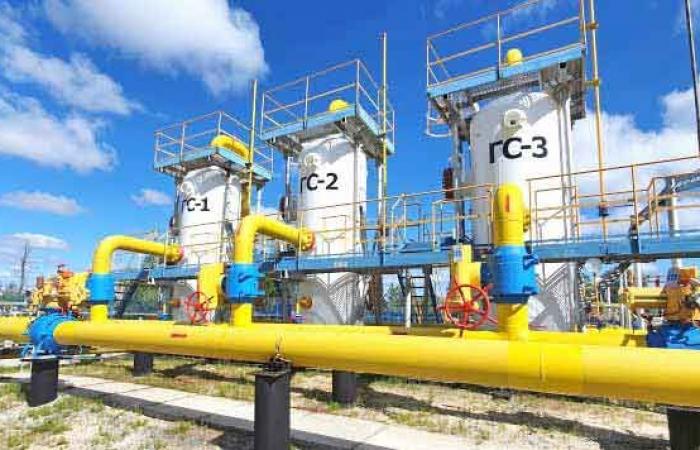
According to this international organization, all the barometer component indices remain above or equal to the trend, with the exception of the electronic components index (95.4), which has stabilized below the trend.
Europe's disenchantment with gas is not for today. Indeed, contrary to the policies carried out in recent years to reduce dependence on gas, the Old Continent will have to rely on this resource for some time to come.
As the winter closes to the end of the year, European demand for gas is on the rise and fears of supply disruptions linked to the cold snap are increasingly being felt. This situation caused gas prices to rise by 3% yesterday on the gas sales market. At the opening of the market, the price of gas in Europe, for delivery in January, is, in the Dutch TTF index, 47.2 euros ($49.15) per megawatt hour, an increase of 3.26% . The price of gas for delivery in February, for its part, gained 3.27% to trade at 47.46 euros per megawatt hour, while March contracts increased by 2.68%, with 47.27 euros. the megawatt hour.
In the middle of winter, growing challenges present themselves to the countries of the European Union in terms of energy, especially with the decline in the level of gas storage at a faster rate for three years, contrary to expectations, especially as the year approaches. expiration of the Russian gas supply contract via Ukraine.
Since the end of September, recalls the specialized energy platform Attaqa, based in Washington, gas reserves, and compared to the declines recorded in previous years, have been filled at 75%, which is far from the objective of 90% established by the EU for mid-December. The marked rise in gas prices came in response to doubts expressed by Russian President Vladimir Putin over the prospect of an agreement aimed at maintaining gas flows to Europe.
Russian gas flow
The President of the Russian Federation stressed last Thursday the impossibility of concluding a new transit agreement before the end of the year after the existing contract expires on the same date. Note that the countries of Central Europe continued to supply themselves with Russian gas and advocated for the continuation of the flow of Russian gas transiting through kyiv.
Ukrainian President Volodymyr Zelensky opposed the proposal, which would “send money into Russian coffers while the war continues.” The same goes for Putin, who has expressed doubts about the effectiveness of the control of the passage of Russian gas via Ukraine, by Hungary, Slovakia, Turkey and Azerbaijan. Especially since the Russian company Gazprom has long-term contracts, which are difficult to modify, he says. Russia could consider, Putin said, supplying gas to Europe via Poland if the Warsaw government agrees.
In terms of volume, the start of next year could see a disruption in the supply of Russian gas, which represents 5% of European demand. This loss would force Europe to rely more on other sources of supply via other pipelines, such as Norway or Algeria. The increase in quantities of LNG from the United States is also on the agenda, particularly after the American president's threat to raise customs tariffs if Europe does not increase its supplies of US LNG.





